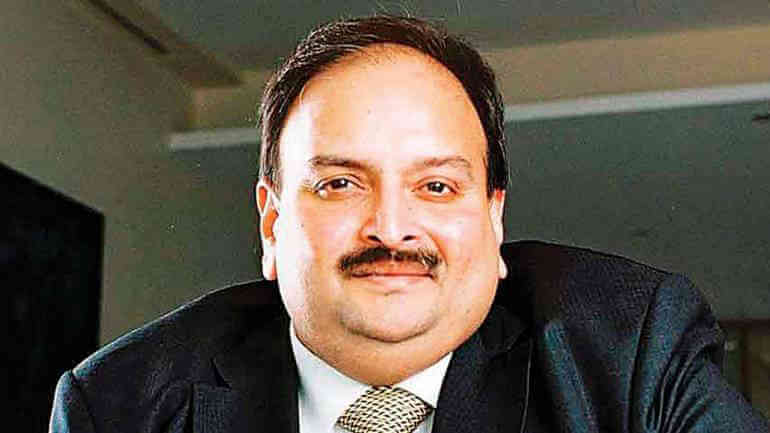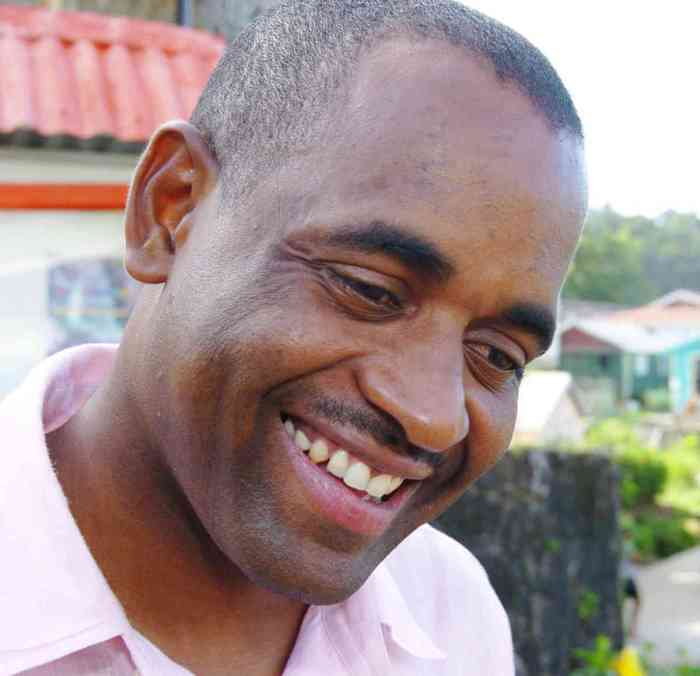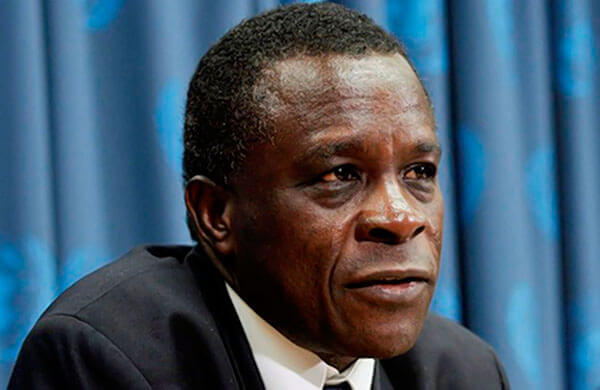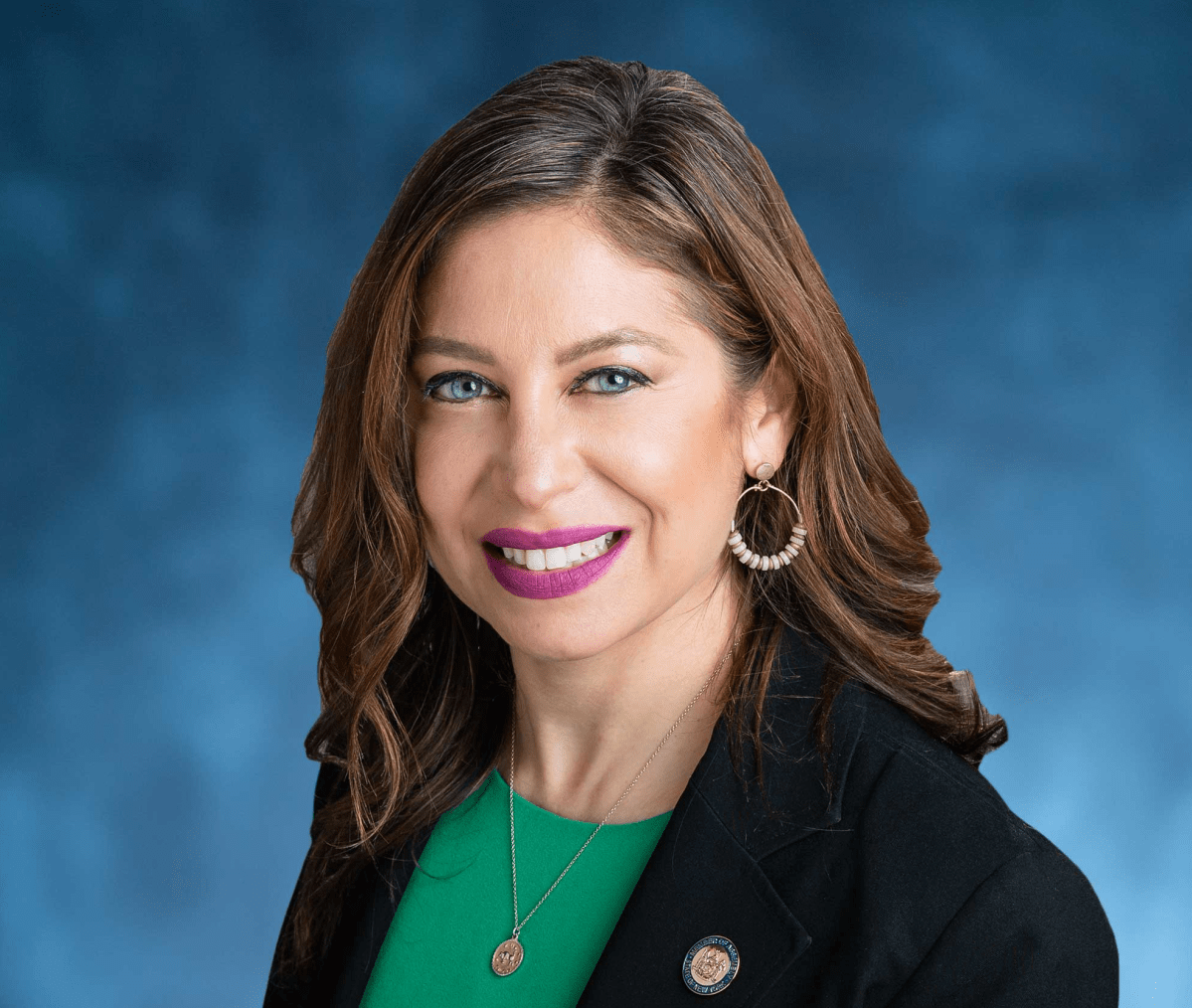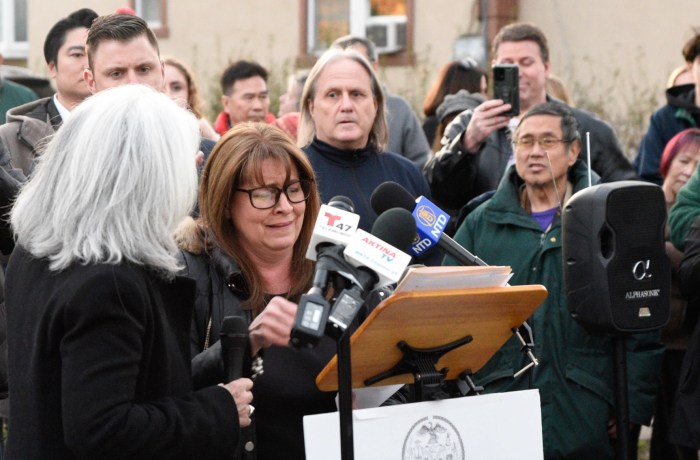Once again, the controversial cash for citizenship scheme used by several of the smaller Eastern Caribbean States (OECS) to raise development finance is coming under severe scrutiny and it appears that a fugitive from India has been able to easily bypass Antigua’s national vetting system and qualify for citizenship and the right to travel globally on a local passport.
Billionaire Mehul Choksi is now wanted back home for his alleged participation in a multimillion dollar fraud scheme and authorities there have begun to push Antiguan authorities to extradite him back home to face charges.
Antiguan officials say there was nothing untoward with documents presented by Mr. Choksi when he applied for citizenship and an Antiguan passport a year ago as he had turned in a police character certificate that showed no criminal blemishes were linked to him.
But once he had begun to raise his head in Antigua, Indian officials issued the red alert, telling the administration of Prime Minister Gaston Browne that he is not only wanted for fraud but should not have been able to qualify for the regional Citizenship by Investment (CIP) program in the first place.
As expected, the fiasco now being linked to Choski has once again put pointed the spotlight on the ability of the smaller island nations to properly vet applicants from far away countries who apply to become citizens and earn the right to travel the globe using local passports.
Trying to ward off unwanted scrutiny from the international community, the current chairman of the Eastern Caribbean Central Bank (ECCB) and its Monetary Council, is not only demanding that a formal inquiry be launched but that participating CIP countries use the regional due diligence system to properly vet applicants.
Keith Mitchell, also Grenada’s prime minister, contended that checks must be made with the CARICOM Implementation Agency for Crime and Security (IMPACS) and the Joint Regional Communication Center as these have the tools to assist government processing applications from foreigners.
“There are reports circulating of some citizenship by investment applicants receiving passports without the regional body getting the data about the applicant and not conducting the relevant due diligence,” Mitchell told Grenadian media. “Despite the fact that some are saying this doesn’t happen in their jurisdiction, the fact is that rumors are out there. I told my colleagues that we have to deal with this. If it’s not true, then we have to confront it. We cannot just say it’s not true because the rumors are circulating, so they have mandated me to get the facts and to examine the issue,” he said.
Currently, St. Kitts, Antigua, Dominica, St. Lucia and Grenada allow foreigners to invest as little as $100,000 to become citizens and obtain local passports once they down pay the cash, invest in property or contribute to specified development projects. St. Vincent has stoutly refused to sign on to the scheme saying it won’t sell its soul for measly foreign dollars.
Competition for ‘souls’ has led to a vast reduction in the minimum investment rates and fears that citizenship and national passports will eventually be devalued.
Already, problems associated with awardees turned out to be wanted persons or to have linked with suspected terror organizations have forced Canadian authorities, for example, to cancel visa free entry for Antiguan citizens and has triggered international scrutiny from law enforcement agencies.
Defending its system of scrutiny, authorities said that “in no instance was any derogatory information disclosed on the applicant,” the island’s government said in a statement. There was nothing to “render him ineligible for grant of travel facilities including visa for Antigua and Barbuda.”
Many of the participating country say they have turned to the “scheme” to make up for millions in import taxes lost through the regional single market free trade system that allows good manufactured in the bloc of 15 nations to move around with little or no import duties. They also complain that the banana export system to Europe has collapsed, the sugar industry is no longer viable, the international offshore finance sector is not as vibrant as before and that tourism numbers fluctuate, forcing them to seek alternative revenue earners. As well, they point to severe destruction from powerful annual hurricanes.


